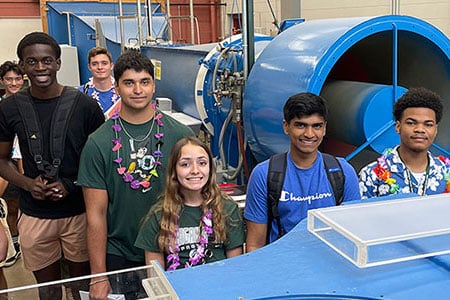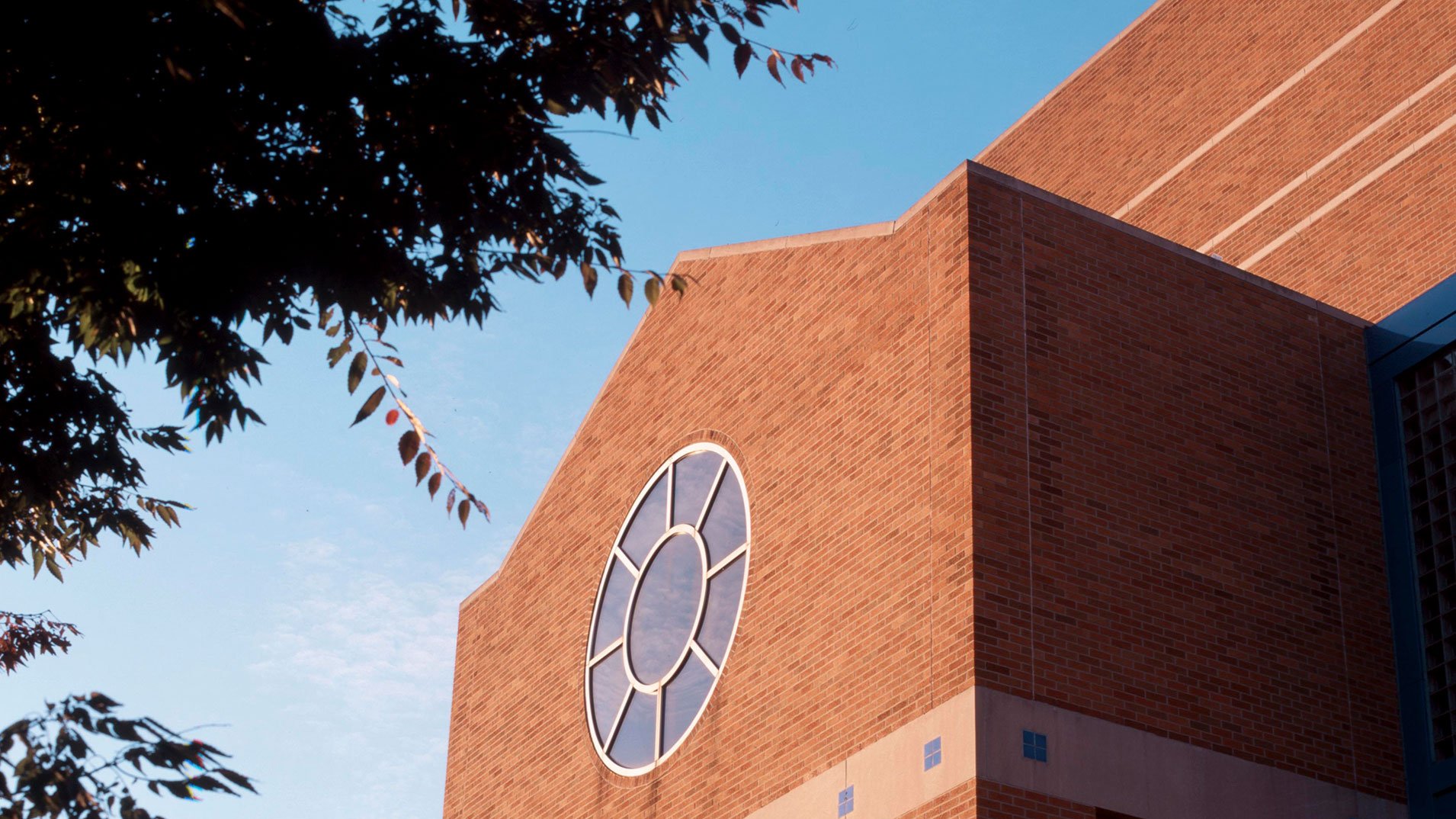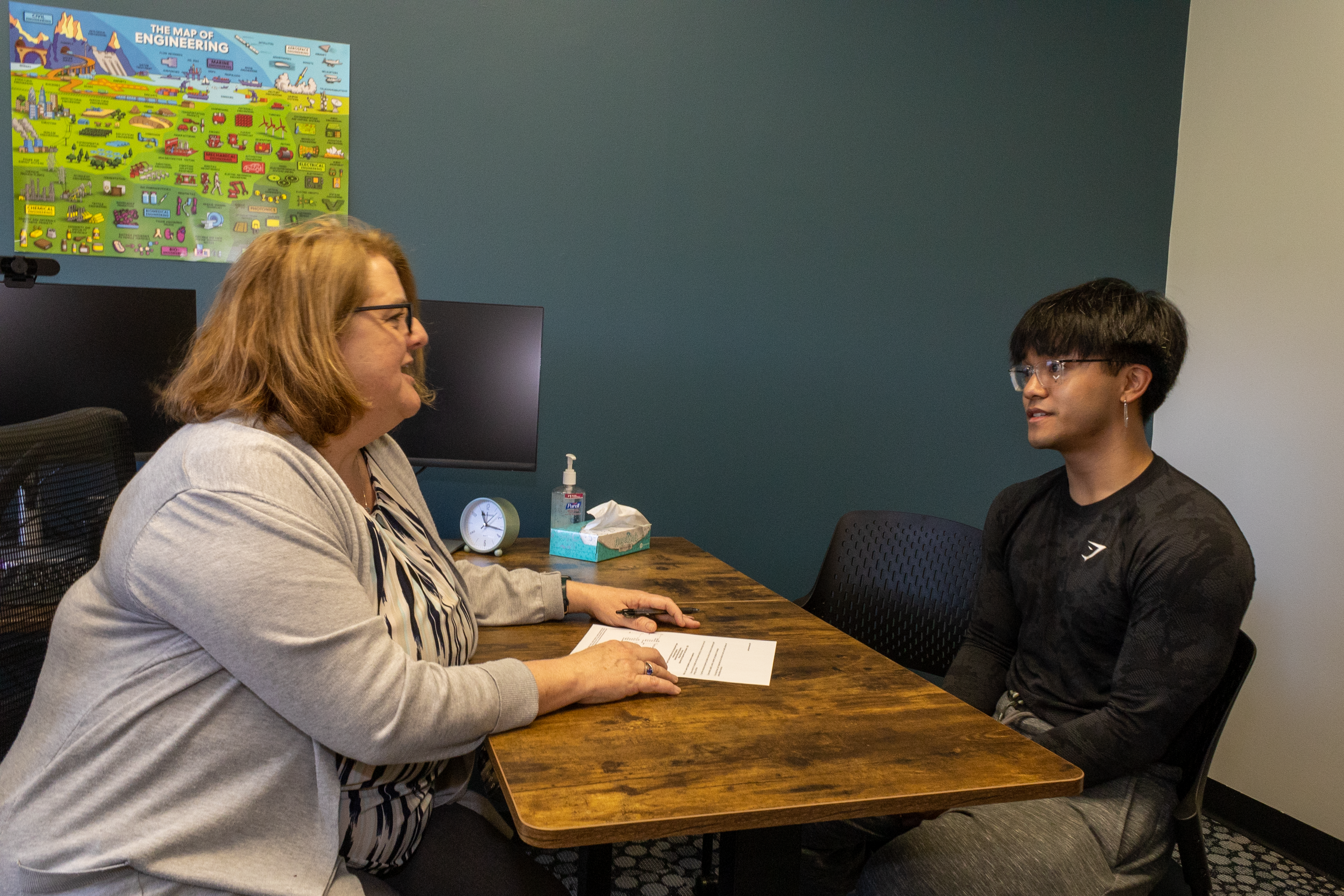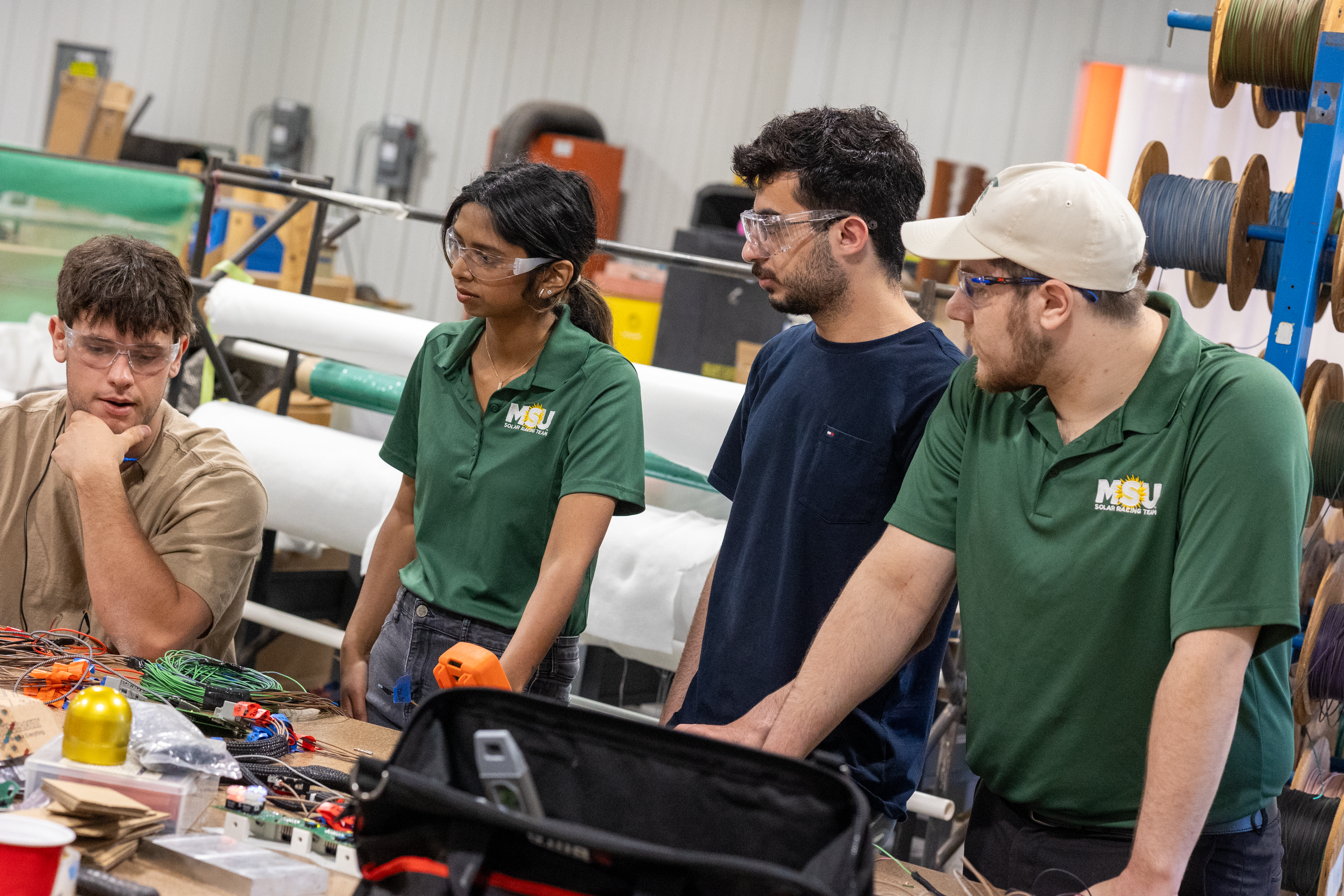Reprinted from the Lansing State Journal
Wei Liao, guest writer

As one of the Great Lakes states and with an abundance of natural resources, Michigan should be doing everything it can to promote sustainability and renewable energy solutions. But we're not. To date, we've largely ignored one innovative opportunity to significantly reduce carbon: renewable natural gas. However, new legislation is set to change that.
The new bill calls for a statewide feedstock study to measure Michigan's overall potential for renewable natural gas — a clean, reliable, waste-derived fuel that can be used to power homes, businesses and vehicles. It is already showing its value with a handful of projects operational in Michigan, but its success is not widely known.
One such example is at Michigan State University (MSU), where I am the director of the MSU Anaerobic Digestion Research and Education Center (ADREC). We operate a commercial anaerobic digester on campus to convert organic waste into a renewable energy — biogas (the precursor to renewable natural gas).
At MSU, the renewable process relies on a few key sources of waste.
Read the rest of this Viewpoint here.
Wei Liao is an associate professor and director of MSU's Anaerobic Digestion Research and Education Center in the Department of Biosystems and Agricultural Engineering at Michigan State University.





